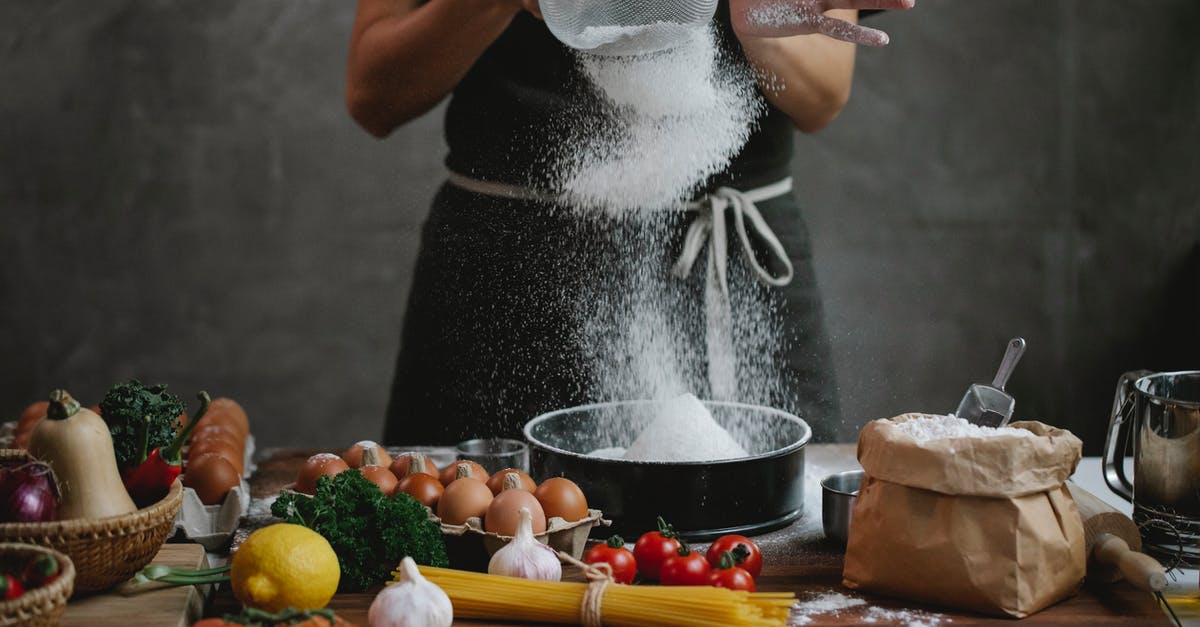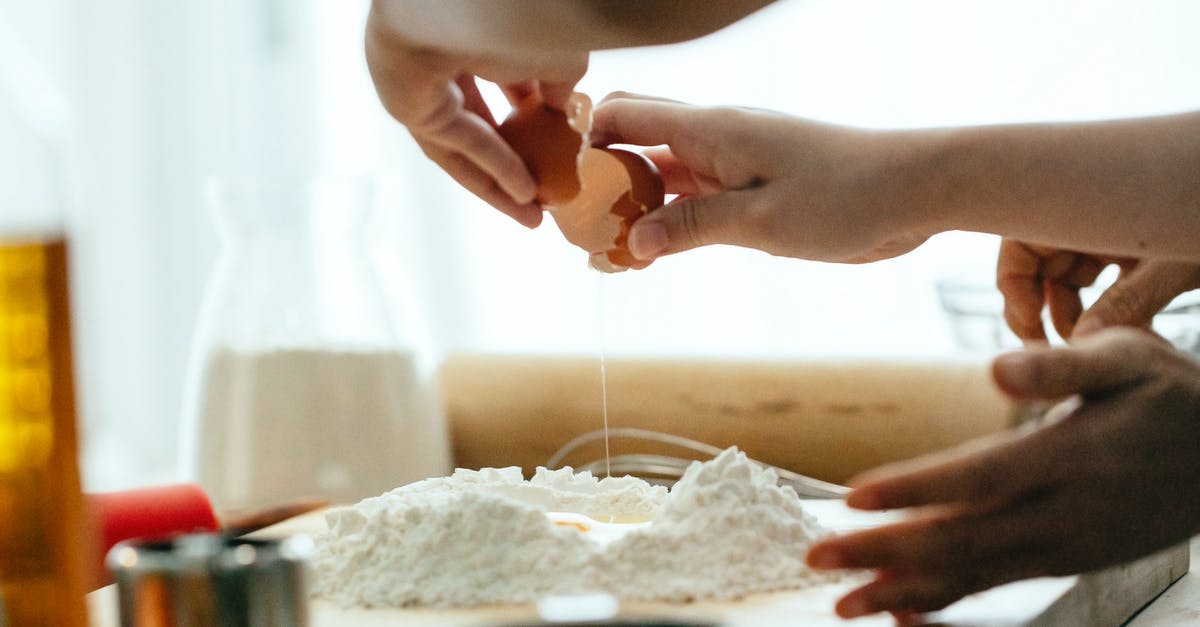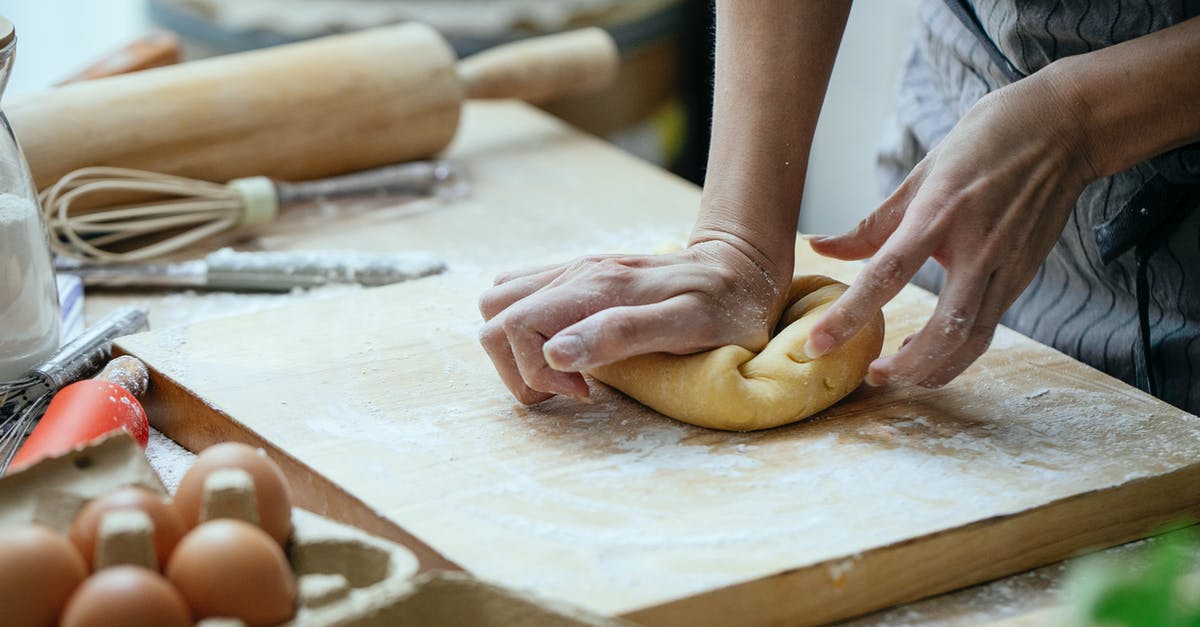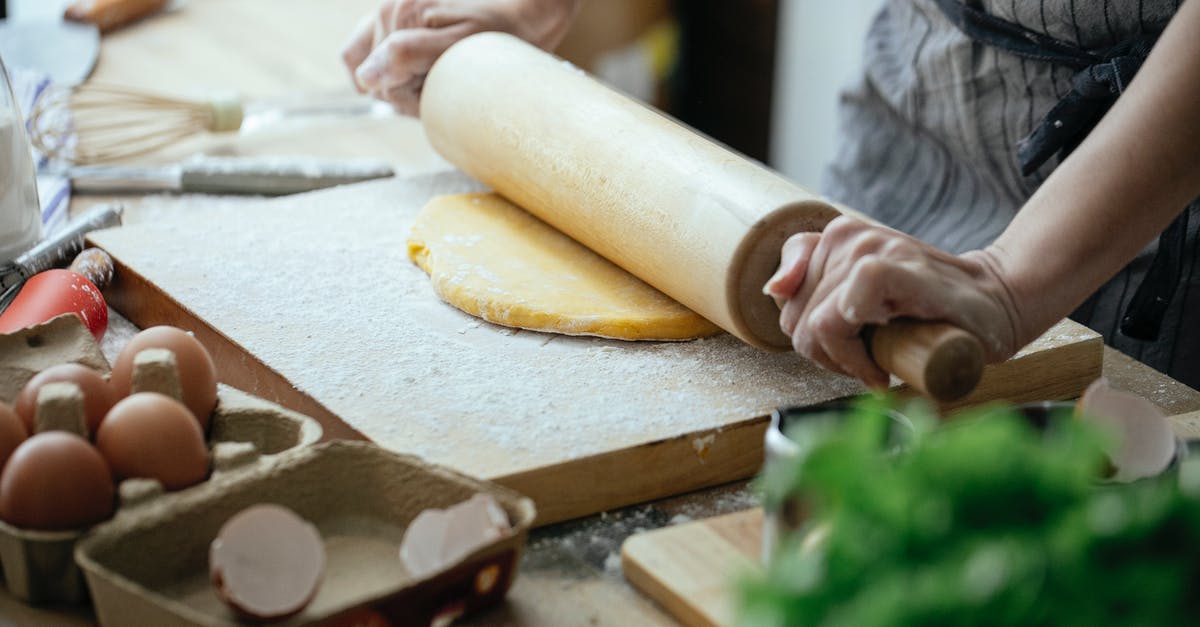How to make century eggs?

I have discovered century eggs while living in Thailand, and instantly fell in love with these treats. Unfortunately, I haven't lived in Thailand for a few years now, and I desperately miss century eggs. It's impossible to purchase them anywhere within 1000 km radius, so I guess the only option is to make them myself.
So, I need an advice, how can I recreate this mesmerizing gift of Asian cuisine?
What have I tried so far — I have followed this recipe on Instructables, which in short was:
- Made brine by combining 42g NaOH + 72g NaCL + 1L water, boiled, dissolved and let it cool down. I have used pipe drain cleaner (100% NaOH).
- Carefully put four chicken eggs in a glass jar, poured brine until eggs became fully submerged.
- Put a small glass weight on top to prevent eggs from floating.
- Kept them in brine for 10 days at approx 18°C.
- Removed eggs from brine. Found two eggs to crack, with only disfigured yolk remaining inside.
- Thoroughly washed two remaining intact eggs with tap water, then dried them up completely with paper towels.
- Tightly wrapped eggs in few layers of clear thin plastic wrap, then covered them in modeling clay shell.
- Kept them for 20 days this way.
After time was up, I opened them, to find out to my own disappointment that my experiment had failed. The eggs were filled with a foul-smelling opalescent runny fluid about the density and viscosity of water, and the eggs themselves had shrunk away to the size of the yolk. The egg whites had stayed white, dense and opaque, and only a thin layer of it was left around the yolk. The yolks themselves were still yellow with a slight blue tint, and had overall texture of hard-boiled yolk.
Obviously, this was not the result I wanted, so I threw them away without tasting :(
Since then I have done a few more attempts, still with no luck. I have even discovered scientific papers on this matter, e.g. "Effects of alkaline concentration, temperature, and additives on the strength of alkaline-induced egg white gel.", Zhao Yan et al, doi: 10.3382/ps.2013-03596, however I was somewhat hesitant about experimenting on myself, as the paper gave no conclusions whether the provided metal salt concentrations are safe for human health with prolonged consumption.
So, can anyone point out any mistakes I've made during my attempts, or provide me with the right technique to make Century Eggs that I can follow? It is surprisingly difficult to find English recipes for these on the Internet.
Best Answer
What I think you have made is brined or salted eggs which are very different from the blackened "century" eggs.
Salt preserved eggs do need cooking, at least the egg white will need heat to solidify. If you extract an egg yolk and cure that with salt and sugar (no added water), you can use it almost like cheese, the texture would allow you to grate it over pasta without cooking for example.
The blackened century eggs do not require cooking, because it is already cooked, or the proteins fully denatured. It takes alkalines and salt to achieve that. The high pH usually comes from a combination of lime (calcium oxide) and calcium hydroxide. The process is very different. Strangely, you get the opposite of brining when it comes to textures - solid "white" and runny yolk vs runny white and somewhat hardened yolk.
Pictures about "How to make century eggs?"



HOW DO YOU made century egg?
Traditionally century eggs were made by preserving chicken or duck eggs in a mixture of salt, lime and ash, then wrapping in rice husks for several weeks. During this time the pH of the egg raises transforming the egg, the chemical process breaks down some of the proteins and fats into smaller, more complex flavours.Is a century egg a rotten egg?
There is a misconception that century eggs are rotten or spoiled, but if made correctly, century eggs are free of bacteria or mold and are perfectly safe to eat.How long do you cook century egg?
Century Eggs, the Myths and Recipe (Pi Dan, \u76ae\u86cb)How do century eggs get black?
But why are they black? The century egg's distinct hue comes from the Maillard reaction, a natural browning effect that's accelerated in a highly alkaline environment. Sodium hydroxide is alkaline. As it breaks down the egg's protein into glucose and amino acids, the two chemicals react.How To Make a Century Egg
More answers regarding how to make century eggs?
Answer 2
Finally - I have managed to find a reference which states that, "A less alkaline environment is needed to coagulate duck eggs than to coagulate hen eggs, which is believed to be associated with the egg white protein composition".
Since I believe the original recipe (72g salt, 42g lye)is specifically for duck eggs, it would explain why you are experiencing difficulties, and why my result is not quite what I expected to see if the brine for "chicken" eggs needs to be more alkaline.
For my next few attempts/experiments I am going to incrementally increase the lye.
Improving the Safety and Quality of Eggs and Egg Products: Volume 1: Egg chemistry, production and consumption
Ed. Y. Nys, M. Bain, F.v. Immserseel
Section 21.5.2 Pidan
Answer 3
Can't really comment on where you went wrong, but I have just (about an hour ago) opened a couple from my first attempted batch (started 01/07, washed & wrapped in clingfilm 11/07, first opened 29/07) with the following results; 1. Whites were jellified, but not as dark as expected. 2. Bit of the yolk had started turning a dark colour 3. Remaining yolk starting to solidify, buy still pale/yellowish. 4. No horrible odour, as such. So it appears that my results seem to be a sort of half ways house towards what I expect a "pidan" to be. I will open up others at intervals of a few days, just to see what effect a longer maturation period has on the end result.
I made the brine simply by slowly adding the lye/salt into boiling (taken off heat) water and stirring. I didn't further boil the mixture, as the lye is supposed to heat up the solution as it is added anyway.
Just keep trying I suppose.
Edit: 19/08/17 A longer maturation period did not appear to affect the appearance of the "pidan" with the gelled whites still being an extremely pale amber. Whilst not being what I expect to see from a commercial pidan, the resultant egg was perfectly edible.
I am inclined to suspect/conclude that it is the addition of wood ash in the traditional recipes (tea leaves in some other articles I have read) that provides additional colour to the end product resulting in the traditional dark/black colour that we have come to expect from a commercial pidan.
Answer 4
I think you may need to wash your eggs first.
The Instructables link is probably US-centric. American eggs are generally scrubbed, removing the cuticle, or bloom (which is why they have to be refrigerated, unlike most of the rest of the world). If you're not in the US, your eggs may still have that cuticle, which could prevent the brine from penetrating. That would explain why your eggs rotted rather than becoming preserved.
Properly cleaning eggs can be slightly tricky: you're trying to avoid transmitting bacteria and dirt through the shell. You need to use warm water (to avoid pushing in bacteria) and, ideally, a disinfectant solution. To quote the American Pastured Poultry Producers Association, "washing is a complete pain when done by hand". They recommend a loofah, or even sandpaper. Since you're only doing a few, it shouldn't be too awful.
Answer 5
You should not wash the egg after taking them out of the brine. We need the lye+salt to remain on the egg shell to congeal them.
Sources: Stack Exchange - This article follows the attribution requirements of Stack Exchange and is licensed under CC BY-SA 3.0.
Images: Klaus Nielsen, Katerina Holmes, Katerina Holmes, Katerina Holmes
